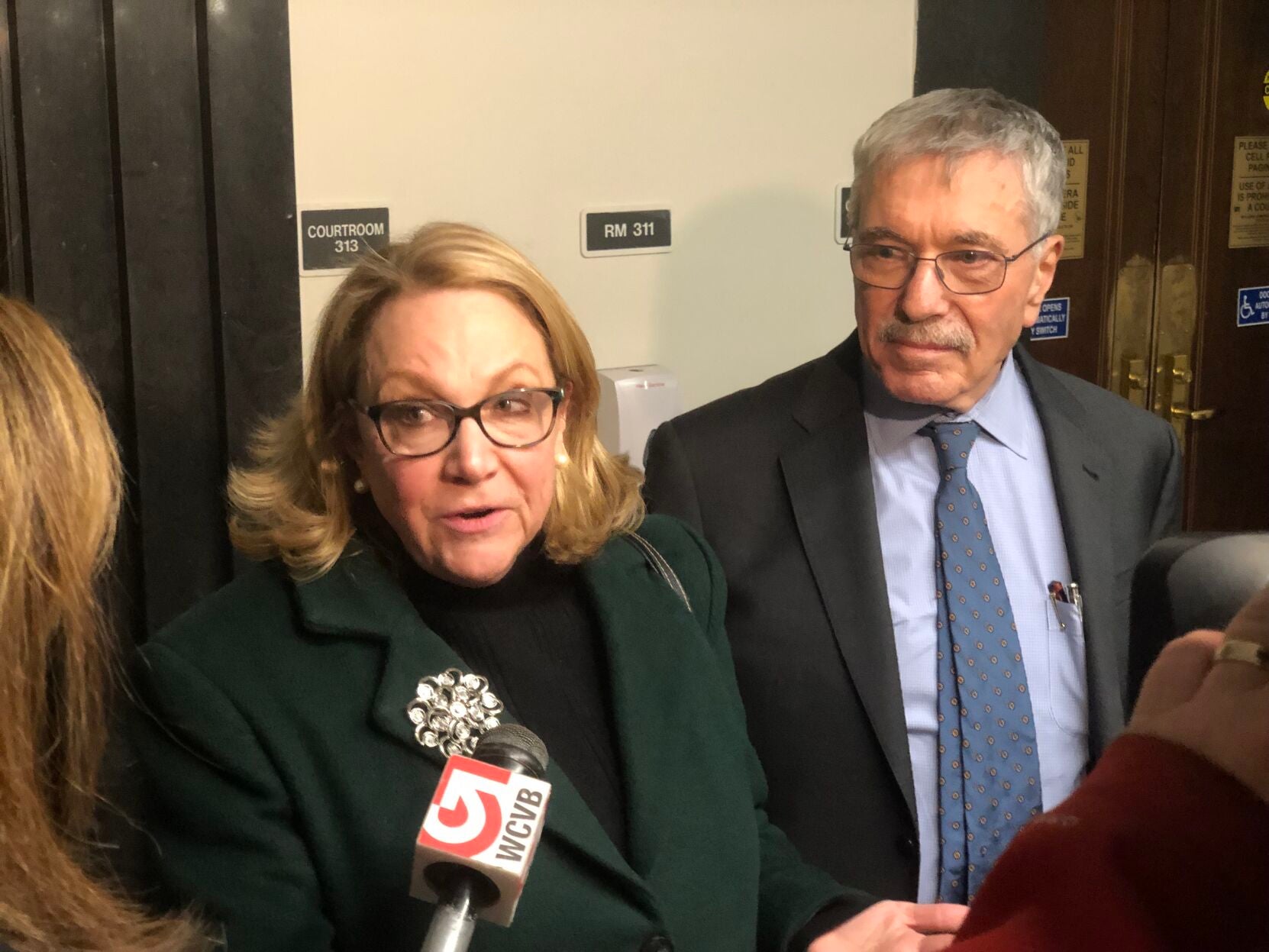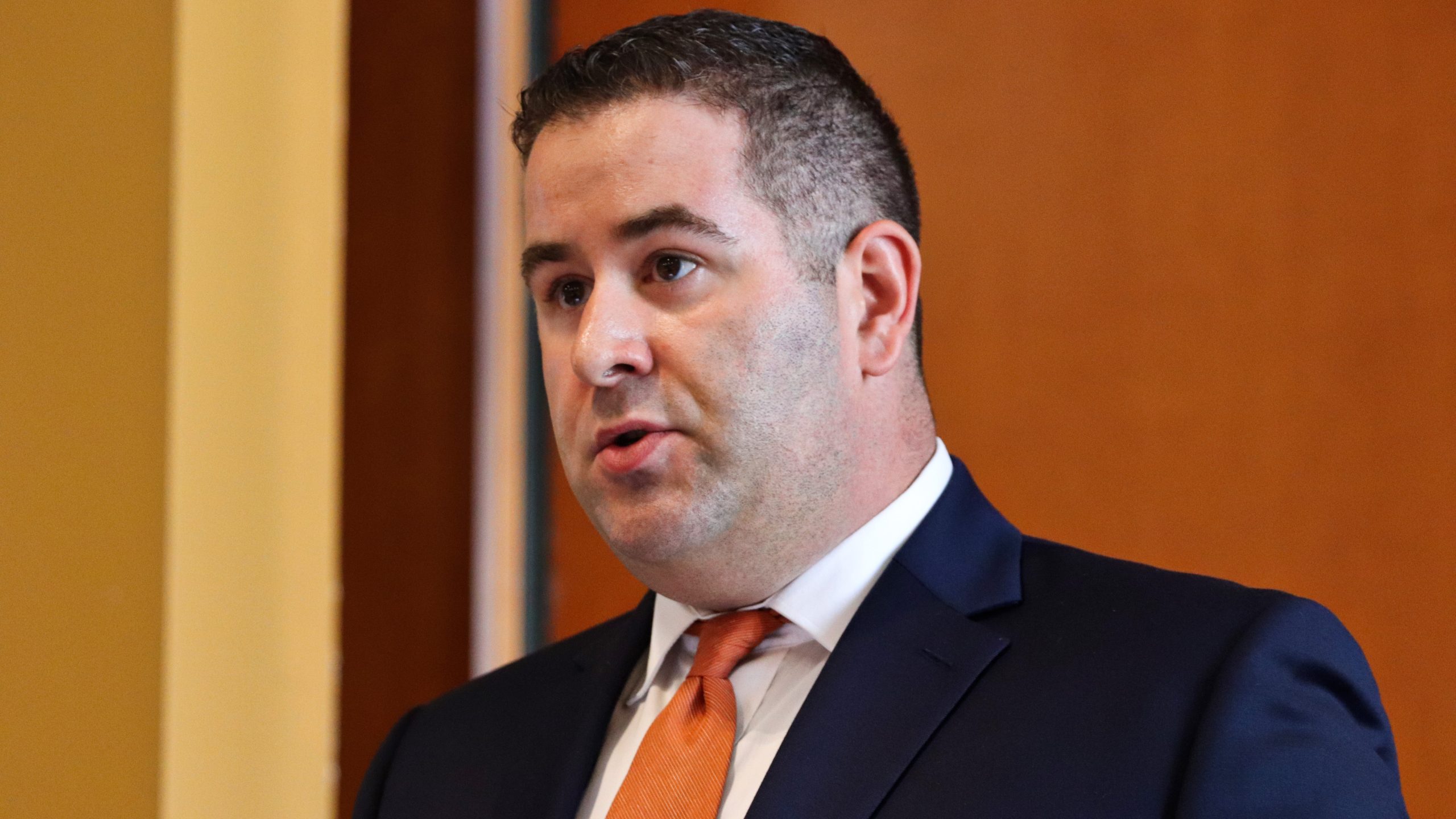In the latest war of words involving the Massachusetts Cannabis Control Commission and state officials, Acting CCC Chair Ava Callender Concepcion has sent a five-page letter to state house leaders responding to Inspector General Jeffrey Shapiro’s request that a receiver be placed in the charge of the beleaguered agency, which he called rudderless.
Pointing towards millions in tax revenue raised by legal cannabis sales, enforcement actions taken by the agency against businesses, and work to expand opportunities for social equity applicants, the letter argues the commission remains functioning and receivership would lead to less transparency and disrupt current attempts to navigate challenges facing the CCC.

“We do not have to look very far to see other jurisdictions struggling to replicate the success of the Massachusetts cannabis industry,” Concepcion wrote in her letter, which a CCC spokesperson specified was written in her own individual capacity. “We must be judicious to ensure we do not take steps to destabilize a regulated multibillion dollar market that provides access to medicine, and thousands of businesses and jobs.”
Concepcion’s letter expresses concerns about the investigation conducted by the Office of the Inspector General, which Shapiro described in his letter as limited.
“I have significant concerns with both the process the OIG has engaged in, and the substance of the directive itself,” Concepcion’s letter reads. “In sum, it appears the OIG, whose website states its purpose ‘promotes transparency,’ instead is advocating for greater government secrecy and concentration of power at the Commission. I disagree with that approach.”
The letter says the OIG investigation into the CCC began in the fall of 2023, one of several reviews by the OIG and other agencies which the agency has been subject to since it was launched in September 2017.
“As the Commission understands it, the OIG’s investigation remains open. Surprisingly, the Inspector General chose to make recommendations to the Legislative leadership and publish their correspondence through a press release while the OIG’s investigation is still pending,” the letter continues. “The IG has not offered evidence to warrant issuing conclusions before it completes its investigation.”
Controversial vote
Concepcion’s letter defends a vote at the commission’s most recent meeting on June 10, where they voted 3-1 to relieve the Acting Executive Director Debbie Hilton-Creek of her day-to-day responsibilities; Acting Chair Concepcion, joined Commissioners Bruce Stebbins, and Nurys Camargo voted in favor of the amendment, while Commissioner Kimberly Roy voted against it, expressing concerns the move was a violation of state law and an abuse of power.
The motion instructed Hilton-Creek to prioritize her role as chief people officer, delegating other executive director responsibilities to other department heads. In the letter, Concepcion defended the move.
“What is urgent, is filling 22 vacancies [in an agency now staffed at 134], including the executive director’s position, and addressing concerning personnel issues that have been widely aired in news reports,” Concepcion wrote. “That’s why last week the commission voted to ensure the acting executive director can prioritize the human resources function she was hired to fulfill as chief people officer.”
Commission-related personnel issues made headlines in December 2023, following the apparent suspension of the agency’s Chief Communications Officer Cedric Sinclair and the resignation of Director of Human Resources Justin Shrader. WBUR reported in May four female former employees at the agency have accused Sinclair of harassment.
Chair Shannon O’Brien remains suspended over allegations over making alleged racially insensitive comments. A fourth hearing between State Treasurer Deborah Goldberg and O’Brien was scheduled for Monday, according to State House News Service, but no resolution has been announced.

In addition to Concepcion’s letter, the Cannabis Control Commission shared with WBJ two letters sent to the OIG, one dated Jan. 19 and the other Feb. 13, expressing complaints about the ongoing investigation into the agency.
The OIG did not respond to a voice message left Friday seeking comment on Concepcion’s letter or their side of the investigation-related correspondence with the agency.
The five-page January letter expressed objections to handing over specific documents to the OIG, including ones detailing personnel or human resources complaints, claiming the OIG was overstepping its investigative authority.
The six-page February letter objects to the OIG allegedly blocking CCC counsel from observing interviews between investigators and commission employees and a number of other aspects of the OIG’s probe.
War of words
It has been just shy of 11 months since O’Brien said at a July 28 meeting the agency was in crisis and then executive director Shawn Collins told her he intended to take leave and then resign from his role.

Collins later announced his resignation in November, two months after O’Brien’s suspension. In April, he announced the founding of The Homegrown Consulting Group, a Wareham-based firm, with Nick Adamopoulos, a lawyer who has represented several cannabis businesses in Massachusetts, according to the company’s website.
As disputes involving the commission have played out in public meetings and the courts, they’ve also been expressed via the written word in various letters and other documents.
In September, Sinclair, before his reported suspension as chief communications officer, wrote a nine-page letter to state lawmakers, pushing back against a nine-page letter from five state lawmakers to the chairs of the legislature’s Joint Committee on Cannabis Policy claiming the agency was embroiled in an endless stream of scandals.
Sinclair remains listed as the agency’s chief communications officer on its website.
In October, the commission released a document about an audit report from State Auditor Diana DiZoglio released in September which found more than $10 million of unsafe cannabis products had been sold in 2019 and 2020. In the document, the agency disputed the notion its pesticide reporting controls failed.

